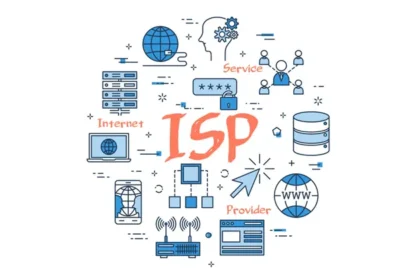In order to start a small business, you are going to need some funds. It can be quite difficult for many people to raise the necessary cash. Fortunately, there are other ways you can raise the money that you need for your business startup costs. Here are some of the best options for getting the startup capital that you need in order to begin your entrepreneurial journey.
Sell Some of Your Personal Assets
Personal assets include anything that is not business-related. This may include anything from your house to your cars, boats, and other valuables. Even some things that you wouldn’t normally consider valuable could be sold for a surprising amount of money. For example, baseball cards can sell quickly and easily on the open market depending on their rarity, especially if stored properly in a dedicated trading card vault. You might also want to consider selling items such as antiques or collections if they have any value at all.
You should also consider liquidating personal investments such as stocks and bonds. Selling off these assets can bring in a large chunk of cash fast and painlessly because there is no need to wait around for buyers or to haggle over price with antique collectors or dealers looking to make a buck.
Borrow Money from Family and Friends
In most cases, you will have to pay this money back at some point in the future. However, these loans tend to be highly flexible and can usually be negotiated based on your circumstances. For example, many people who lend out money are willing to extend payments for an indefinite period of time if your business is having financial difficulties. This means that they may not care when you repay them as long as it happens eventually.
When dealing with friends and family members about personal loans, make sure to put everything in contractual writing so there are no misunderstandings or confusion later on down the road. Also, remember that interest rates might vary depending on your relationship with someone else when asking for a loan.
Borrow Money from a Credit Union
A number of credit unions do exist, and these organizations tend to be more willing to give out loans than banks are. In most cases, this is because they do not have stockholders who need to be paid off with interest. When you go into the bank asking for money, they will almost always charge you interest on your loan. This could put a serious crimp in your business planning from day one because there may not be enough cash left over to pay bills after paying off the loan.
As long as you can qualify for membership in a credit union based on your qualifications, this will provide an excellent opportunity for getting a startup loan that won’t cripple your business before it even begins.
Apply For A Small Business Loan From A Bank
The problem with taking out a loan with the bank is that you will likely have to pay high interest rates and meet certain financial criteria before your business can qualify so it’s best to have someone representing your best interests. As the lawyers at Alvin Legal explain, it’s best to have someone with extensive experience in managing and closing capital raising transactions, on your side. This type of deal can be fairly risky, and there are many banks that may not even consider someone who doesn’t already own their own building or office space.
Many times, the only way to get approved for a bank loan as an entrepreneur just starting out in business is by having somebody vouch for your business plan and making sure all of the financial details add up properly. The easiest way to do this is by having someone else form an LLC or corporation so they are liable for the debts should something go wrong. If you know someone willing to do this for you, it will make the process of obtaining a bank loan much easier.
Look Into Crowd Funding
With so many people using the Internet every day, it may be surprising to hear that quite a few entrepreneurs have found great success in crowdfunding their businesses. In most cases, this involves creating online campaigns where people can pledge a certain amount of money toward your endeavor. The major drawback here is that these types of sites take a significant percentage from successful fundraising efforts, and there are always some people who will not pay if you reach your goal. This can leave you with nothing at all after months and months of work on your campaign.
You have a number of options when it comes to getting the funds you need for your small business. Whether you sell some personal assets, borrow from family and friends, or apply for a loan from a bank, there are many opportunities available to help get you started. In order to be successful with any fundraising opportunity though, make sure that all loans will come with an interest rate attached so that you can plan accordingly. Finally, if none of those options works out and start-up capital is still needed consider looking into crowdfunding as one last resort.











